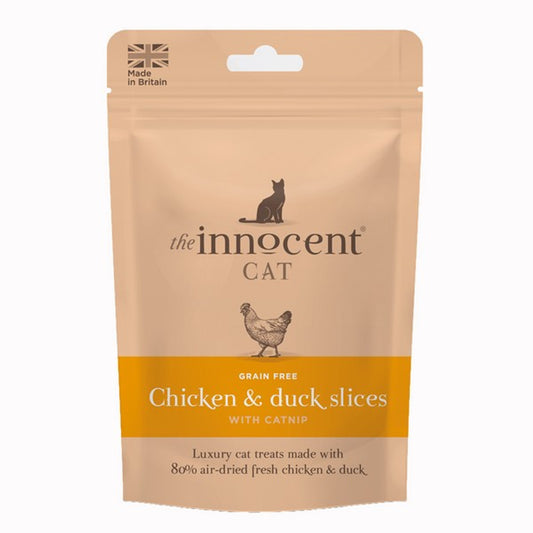Collection: Cat
As carnivores and hunters, cats are biologically designed to rely heavily on protein in their diet. Protein, and its amino acid building blocks, are utilized for a huge variety of bodily functions including muscle and tissue creation and repair, enzyme and hormone formulation, reproductive function and much more. Protein is also used as a primary source of energy for cats. A biologically appropriate, raw diet is naturally high in quality protein from meat sources, containing essential amino acids such as taurine and arginine. It is imperative that a cat consumes these in their diet for optimal health and bodily function.
Cats have no biological requirement for carbohydrates. They source their energy from protein and fat, and do not easily digest carbohydrates (or sugars). Commercially available cat food products often contain grains and carbohydrates which act as fillers.
Essential fatty acids, which can be found in raw meat, are also an important component of feline nutrition. Cats need to consume this in their diet as their body cannot produce it. Omega 3 and omega 6 fatty acids, which can be found in high-quality, raw meat, both play important roles dealing with inflammation, as well as improvement to the health of the skin, coat and kidneys.
Cats have no biological requirement for carbohydrates. They source their energy from protein and fat, and do not easily digest carbohydrates (or sugars). Commercially available cat food products often contain grains and carbohydrates which act as fillers.
Essential fatty acids, which can be found in raw meat, are also an important component of feline nutrition. Cats need to consume this in their diet as their body cannot produce it. Omega 3 and omega 6 fatty acids, which can be found in high-quality, raw meat, both play important roles dealing with inflammation, as well as improvement to the health of the skin, coat and kidneys.
-
Purrform Pouches Goat with Ground Bone with Lamb Heart and Liver 6 x 70g
Regular price £8.80 GBPRegular priceUnit price / per -
All For Paws Classic Felt Cat Toy Ball
Regular price £3.99 GBPRegular priceUnit price / per -
All For Paws Docile Buddy Elephant Cat Toy
Regular price £3.99 GBPRegular priceUnit price / per -
The Innocent Cat Chicken and Duck Slices 70g
Regular price £5.30 GBPRegular priceUnit price / per -
LickiMat Felix Cat
Regular price £6.99 GBPRegular priceUnit price / per -
Purrform Calcium Supplement 80g
Regular price £12.00 GBPRegular priceUnit price / per -
Purrform Complete Supplement 80g
Regular price £13.35 GBPRegular priceUnit price / per

